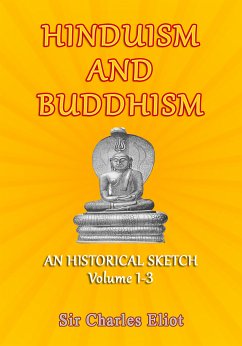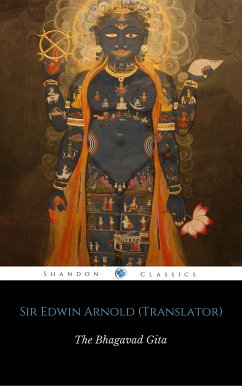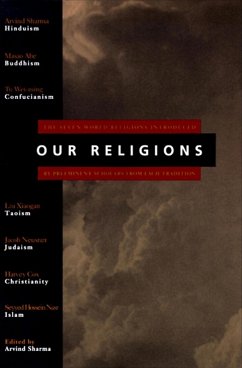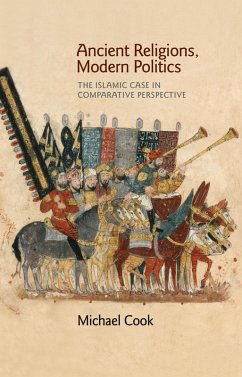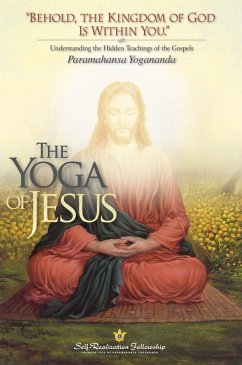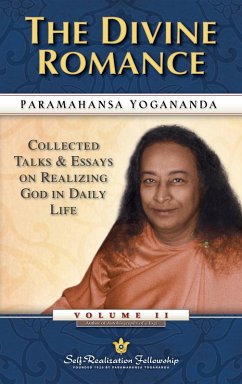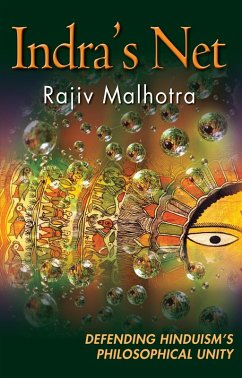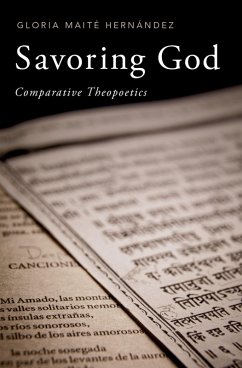
Hinduism and Buddhism (Vol. 1-3) (eBook, ePUB)
An Historical Sketch (Complete Edition)

PAYBACK Punkte
0 °P sammeln!
In "Hinduism and Buddhism (Vol. 1-3)," Charles Eliot extensively explores the philosophical and cultural dimensions of two of the world's oldest religions. This comprehensive trilogy intertwines historical narrative with critical analysis, employing a clear and accessible prose style that invites both scholars and general readers to engage with the complex ideas surrounding Hindu and Buddhist thought. Eliot situates these faiths within their respective cultural contexts, providing rich descriptions of their practices, texts, and the evolution of belief systems from ancient times to modernity. ...
In "Hinduism and Buddhism (Vol. 1-3)," Charles Eliot extensively explores the philosophical and cultural dimensions of two of the world's oldest religions. This comprehensive trilogy intertwines historical narrative with critical analysis, employing a clear and accessible prose style that invites both scholars and general readers to engage with the complex ideas surrounding Hindu and Buddhist thought. Eliot situates these faiths within their respective cultural contexts, providing rich descriptions of their practices, texts, and the evolution of belief systems from ancient times to modernity. Charles Eliot (1862-1931) was a British scholar with an avid interest in Eastern religions and a notable career as an administrator in India. His intimate familiarity with the social fabric of the Indian subcontinent and his academic background in philosophy drove him to examine the spiritual and ethical dimensions of Hinduism and Buddhism. Eliot's work is complemented by a profound respect for Eastern spirituality, allowing for a nuanced portrayal of these traditions that transcends mere academic analysis. This trilogy is highly recommended for anyone seeking to deepen their understanding of Hinduism and Buddhism in their full cultural complexity. Eliot's insightful interpretations and engaging narrative make this work an essential addition to the libraries of students, scholars, and practitioners alike.
Dieser Download kann aus rechtlichen Gründen nur mit Rechnungsadresse in A, B, BG, CY, CZ, D, DK, EW, E, FIN, F, GR, H, IRL, I, LT, L, LR, M, NL, PL, P, R, S, SLO, SK ausgeliefert werden.





